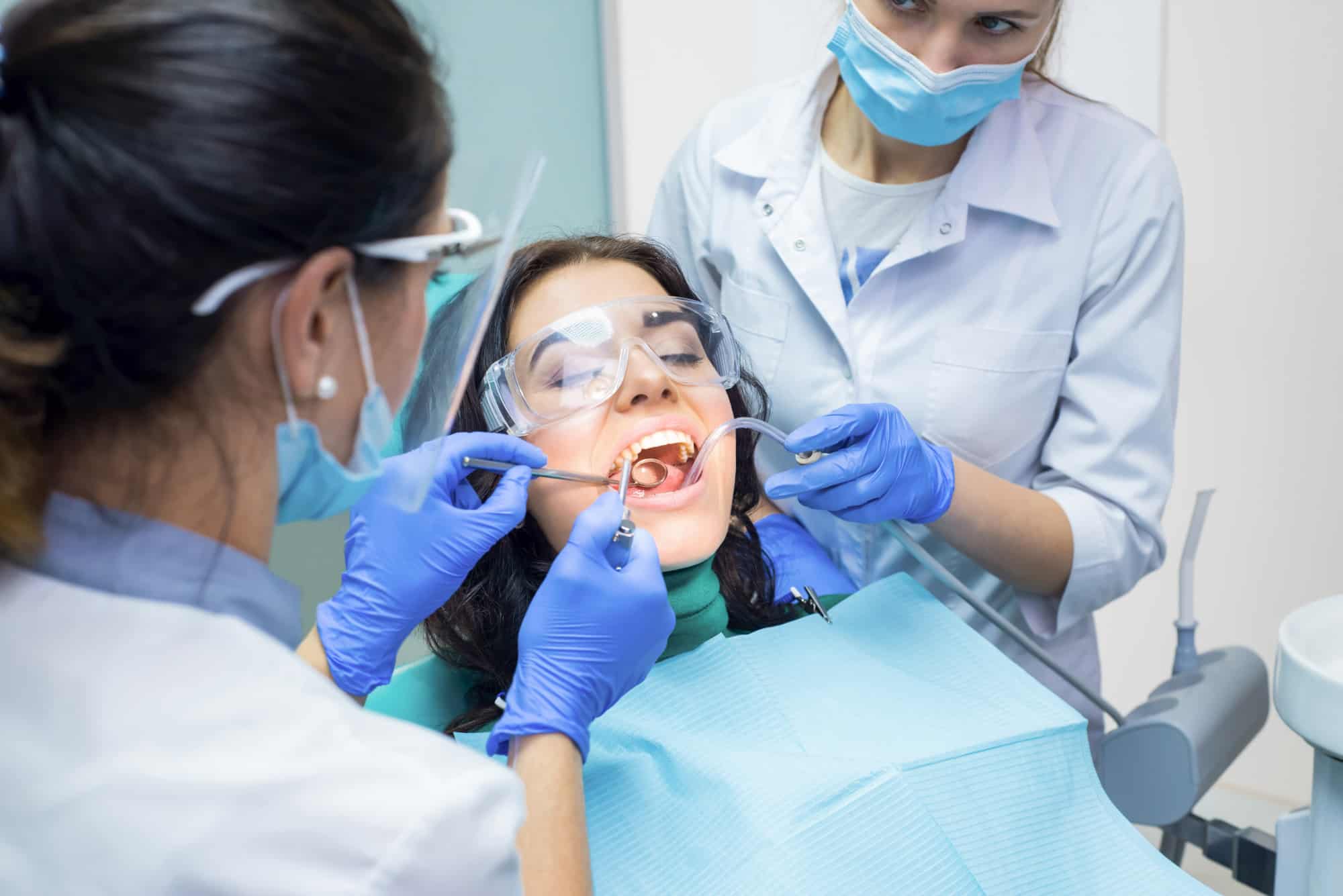Generally, no one prefers to go through oral surgeries; however, in some cases, these surgical solutions can guarantee your health. Most general dentists can provide their valued patients with required oral surgeries, but you may need the help of specialists to treat more severe and complicated conditions. Some people believe that oral surgeries are just needed to extract impacted wisdom teeth or for dental implant installation. But one of the best oral surgeons in North York, describes that there is almost a wide range of dental issues and defects that should be treated with the help of these dental specialists. This beneficial article briefly examines the most common dental problems that require practical oral surgeries.
Common Types of Oral Surgeries
Several dental problems need a specific type of oral surgery. That’s why we all need to know when oral surgeries are required and what we should expect during and after the procedure. The most common oral issues that can be successfully treated if you undergo essential types of oral surgeries are as follows:

-Extracting Impacted Wisdom Teeth: As everyone knows, wisdom teeth will be the last teeth that will grow in your mouth. However, in some cases, the growth of wisdom teeth won’t accompany any negative consequences; they may cause severe conditions that require oral surgery to preserve the health of adjacent teeth. When your wisdom teeth don’t find adequate space to complete their eruptions, they may trap in your jaw bones and threatens your oral health. Therefore, your professional dental specialists will extract your impacted wisdom surgically.
Jaw Surgery: Generally, those who suffer from complicated orthodontic problems that cannot be addressed with dental braces might be recommended to undergo jaw surgeries. Your professional orthodontists will consult with dedicated oral surgeons to develop a treatment plan that properly fits your dental needs. Before jaw surgery, you should wear dental braces to make your teeth look more straight. It will take at least two years, and after that, jaw surgery will be started once you fall asleep due to receiving general anesthesia. Generally, 2 to 5 hours are needed to perform jaw surgeries successfully; however, the length of these procedures will vary depending on the severity of your condition and the types of surgeries being performed. Once the surgery is done, you may need to stay in the hospital for several days to ensure there are no essential risks; however, experiencing pain, irritation and swelling is expected after the surgery. Your experienced oral surgeons will provide useful instructions that can help you eat food without difficulties. Besides, they will teach you beneficial ways to keep your teeth and mouth healthy and clean during recovery, which will take several weeks.
Although the latest methods and technical tools enable experienced oral surgeons to perform safe surgery to solve your orthodontic issues, there’s a possibility of experiencing some complications during or after the surgery. The following items are the most critical risks that may occur after oral surgeries:
-Some Cases have adverse reactions to the anesthesia used before starting the surgery.
-Experiencing severe dental infection in the surgical areas is another risk that may happen during recovery time.
-Extensive bleeding that continued for several hours after jaw surgery should be treated immediately.
















